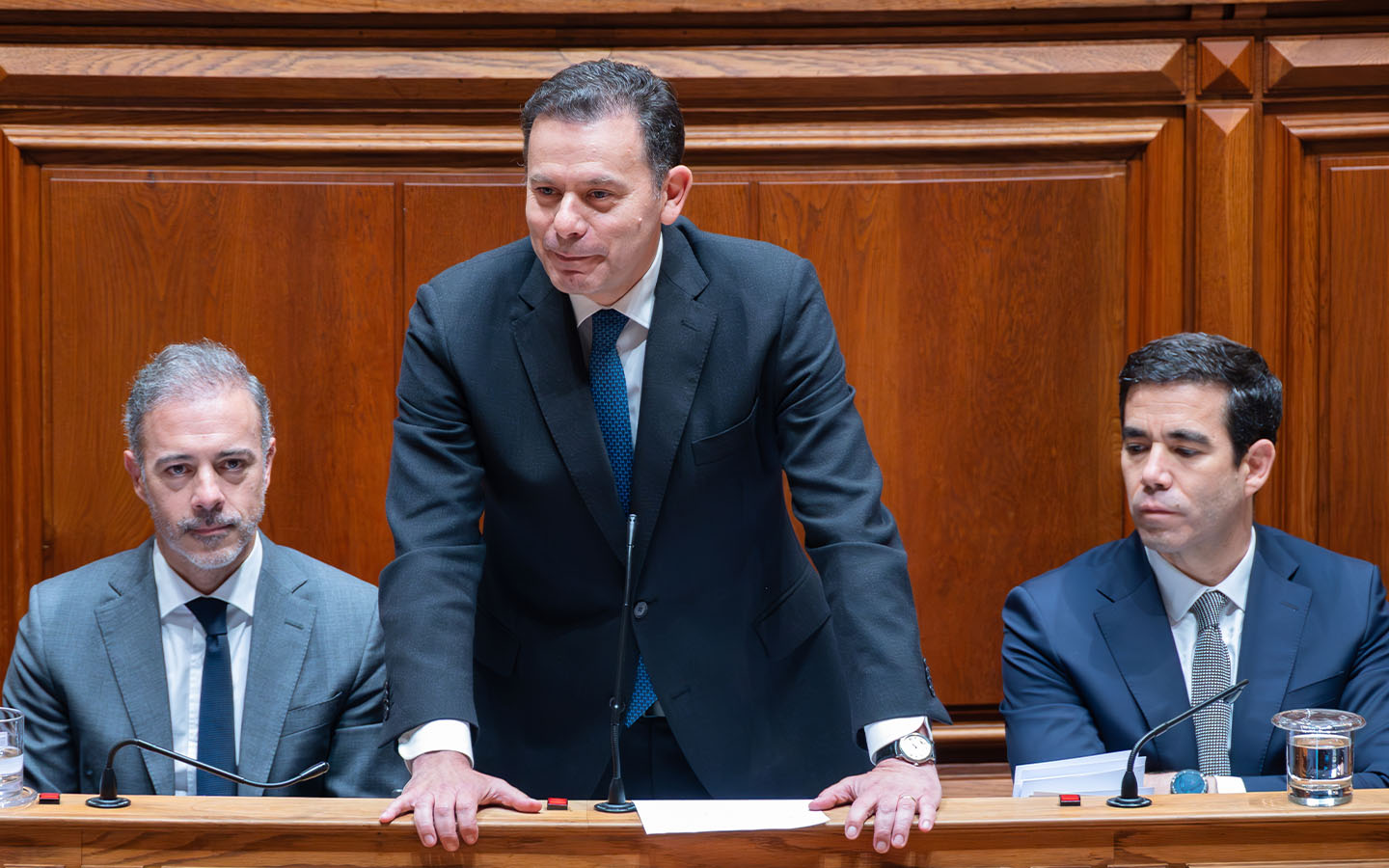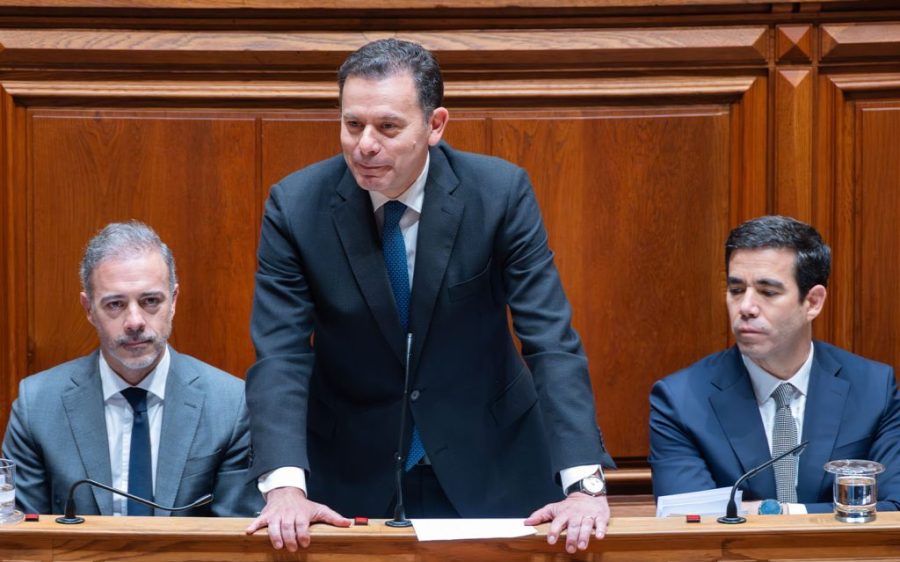Portugal’s centre-right Democratic Alliance (AD) emerged as the winners in Sunday’s early parliamentary election, though failed to secure the outright majority required for stable governance, according to multiple media reports. The election, the third in three years, was triggered after Prime Minister Luis Montenegro’s minority government lost a confidence vote in March amidst allegations regarding his family’s business dealings.
With nearly all votes counted, Reuters reported that the AD had garnered over 32 percent of the ballot. However, the far-right Chega party surged in popularity, achieving 22.6 percent, while the centre-left Socialists only managed 23.4 percent, a substantial drop from the previous election.
Montenegro has ruled out any partnership with Chega, leaving him in a difficult position regarding forming a government.
[See more: Portugal’s President Marcelo Rebelo de Sousa has postponed his visit to Macao]
Analysts suggest Chega’s strong performance signals an end to Portugal’s traditional two-party dominance. Forming a grand coalition between the AD and Socialists has been suggested, although the parties last formed a coalition in the 1980s.
Issues such as housing and immigration dominated the campaign, which followed a decade of fragile governments. The success of Chega, an anti-immigration and anti-establishment party, reflects growing political dissatisfaction. The final results may shift slightly when overseas votes are counted, and could be significant considering the closeness of the Socialists and Chega in the count.
Despite Portugal’s recent economic successes, further political instability could disrupt major projects and the privatisation of the national airline. While Montenegro expressed confidence in finding a stable solution, the country faces a period of complex political negotiation.
This article was drafted by AI before being reviewed by an editor.






